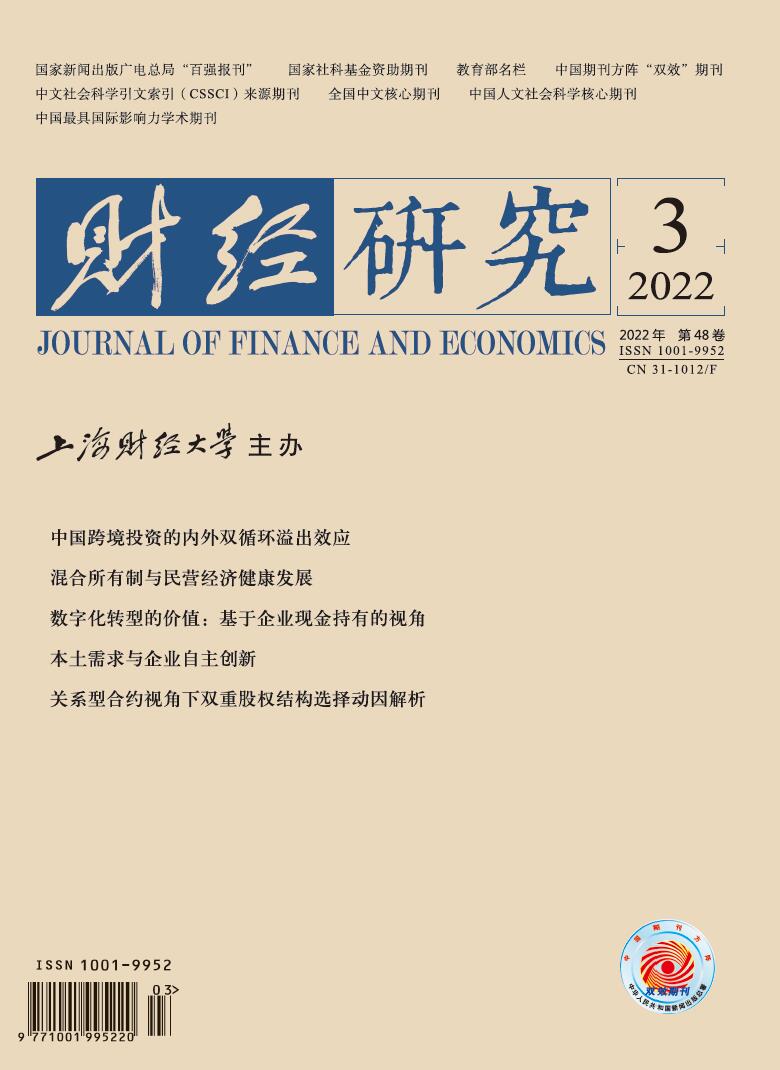Private enterprises and state-owned enterprises have differentiated resource endowments and governance structures. Theoretically, in the process of state-owned shareholders’ participation in private enterprises, it may not only produce protective effects and strengthen the illegal motivation of private enterprises, but also obtain more external resource support due to government endorsement, alleviate resource constraints and weaken the illegal motivation. It may not only become a participant in intensifying the internal agency problem of private enterprises, so as to improve the probability of violations, but also build a more effective internal governance check and balance system to curb violations. Therefore, it is necessary to clarify the impact of state-owned shareholders’ participation on the violations of private enterprises and its action path through empirical analysis, so as to better guide the mixed ownership reform of private enterprises and achieve the purpose of the healthy development of private economy.
This paper examines the impact of state-owned shareholders on the violations of private enterprises under the form of mixed ownership of private enterprises. It is found that state-owned shareholders significantly inhibit the violations of private enterprises, which is embodied in shortening the time interval after violations, reducing the tendency of violations and improving the probability of being audited. By distinguishing the types of violations, it is found that this inhibitory effect is mainly reflected in information disclosure violations, business violations and violations with higher severity. Distinguishing the attributes of state-owned shareholders, it is found that local state-owned shareholders have a stronger inhibitory effect on violations of private enterprises. The ways for state-owned shareholders to restrain the violations of private enterprises include supervising and governing the dual agency problem of private enterprises, and providing resource support for private enterprises by promoting bank credit, commercial credit financing and government subsidies. The conclusion shows that the construction of mixed ownership of private enterprises does not reduce the effectiveness of the formal system, but promotes the healthy development of legal compliance of private enterprises through supervision and governance and resource support.
The possible contributions of this study are as follows: Firstly, from the perspective of mixed ownership of “state-owned participation and private holding”, it enriches the relevant literature on the influencing factors of enterprise violations, and especially excavates the advantages of local state-owned shareholders in restraining enterprise violations compared with central state-owned shareholders under the theory of political promotion championship. Secondly, it enriches the literature on political connection and enterprise violations. This paper finds that, contrary to the conclusion that “personnel political connection” weakens the effectiveness of formal system, “equity political connection” can strengthen the effectiveness of formal system. Thirdly, it enriches the research on the economic consequences of state-owned shareholders’ participation in private enterprises from the perspective of equity mixing, identifies the mechanism of the impact of state-owned shareholders’ participation on the behavior of private enterprises, and especially provides new evidence for the dispute over the role of state-owned shareholders’ supervision and governance.





 6353
6353  6074
6074

